Buying a Company Vehicle
Avoid These 3 Common Mistakes When Buying a Company Car
Purchasing a company car allows you to claim a variety of tax benefits, such as deductions for gas mileage and insurance, but before you commit yourself to such a major investment, these important considerations can help you avoid some common mistakes business owners make when buying a company car.
- Forgetting to Look Before You Leap
First, you should determine if buying a company car is a wise investment for your business. Do you have a legitimate reason for needing a company car? Does your business’s financial status support this expense? How will you finance it?
2. Choosing the Wrong Car
After deciding how you’ll use your company car, evaluate the model and size of vehicle you need. Are there any features or add-ons that are necessary for your intended use? Aesthetics is also important since your company car represents your shop’s brand. Don’t forget to take gas mileage into account before deciding on a car.
3. Leaving Out the Logistics
Before purchasing your company car, consider whether you’ll own the vehicle as an individual or through your business. If the vehicle is purchased by the individual, insurance may be cheaper, but you may want to invest in commercial insurance to ensure you have the right level of coverage – luckily, expenses may be completely deductible if the vehicle is owned by your corporation.
So really, whether purchasing a company car makes tax-sense for you is a question that needs to be answered personally, but since tax laws are constantly changing, this can be extremely confusing and frustrating without some help. Download 5 Tax Mistakes That Cost You Thousands for more helpful tips to save money on your taxes.



